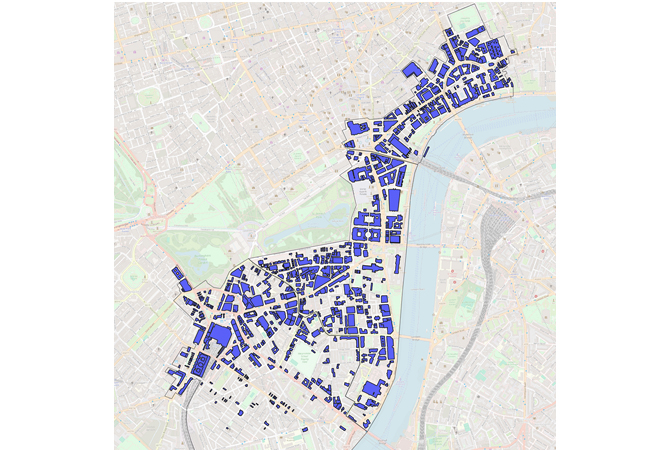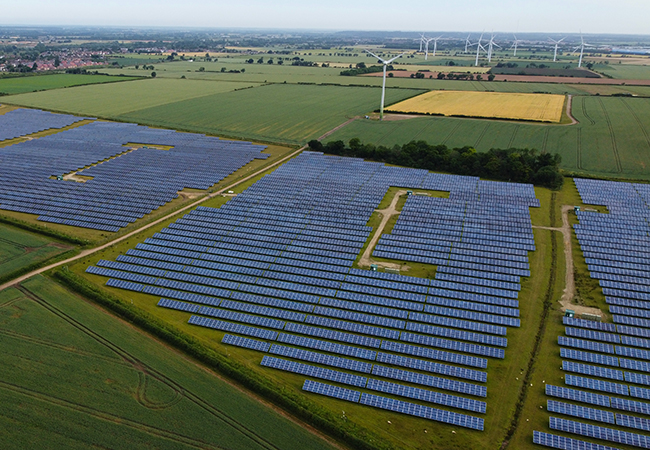
Credit: iStock / John-Kelly
A report from the Business, Energy and Industrial Strategy (BEIS) select committee says the government is a long way off the energy efficiency targets it needs to achieve to deliver its low carbon vision. It identifies problems with how current regulations are being enforced and the slow progress in upgrading existing buildings, which mean the journey towards net-zero emissions is ‘off track’.
The committee wants a more coherent national policy package and a plan to deliver energy efficiency across the existing UK building stock. Stronger compliance and enforcement, with people being placed at the heart of policy development, is key, it concluded.
The report found that the demise of the Green Deal and a lack of access to funding was holding back efforts to tackle poor performance in the private rented sector. Property owners in England and Wales must achieve a minimum EPC rating of E before letting their properties for new tenancies; this will also apply to existing tenancies from April 2020.
Previously, landlords could apply for a no-cost exemption from this where funding was unavailable. However, the government has tightened the rules and, now, only landlords whose required energy efficiency improvements are higher than the £3,500 cap are exempt. The report recommends raising the cost cap to £5,000 per property.
CIBSE technical director Hywel Davies said the existing regulations were not being enforced properly, and he highlighted the criticism of the apparent ‘bias in the minimum energy efficiency regulations towards minimising costs to landlords, not tenants’.
Gavin Dick, of the National Landlords Association, said: ‘A more strategic and long-term plan is needed to help landlords and homeowners achieve the end goal.’




